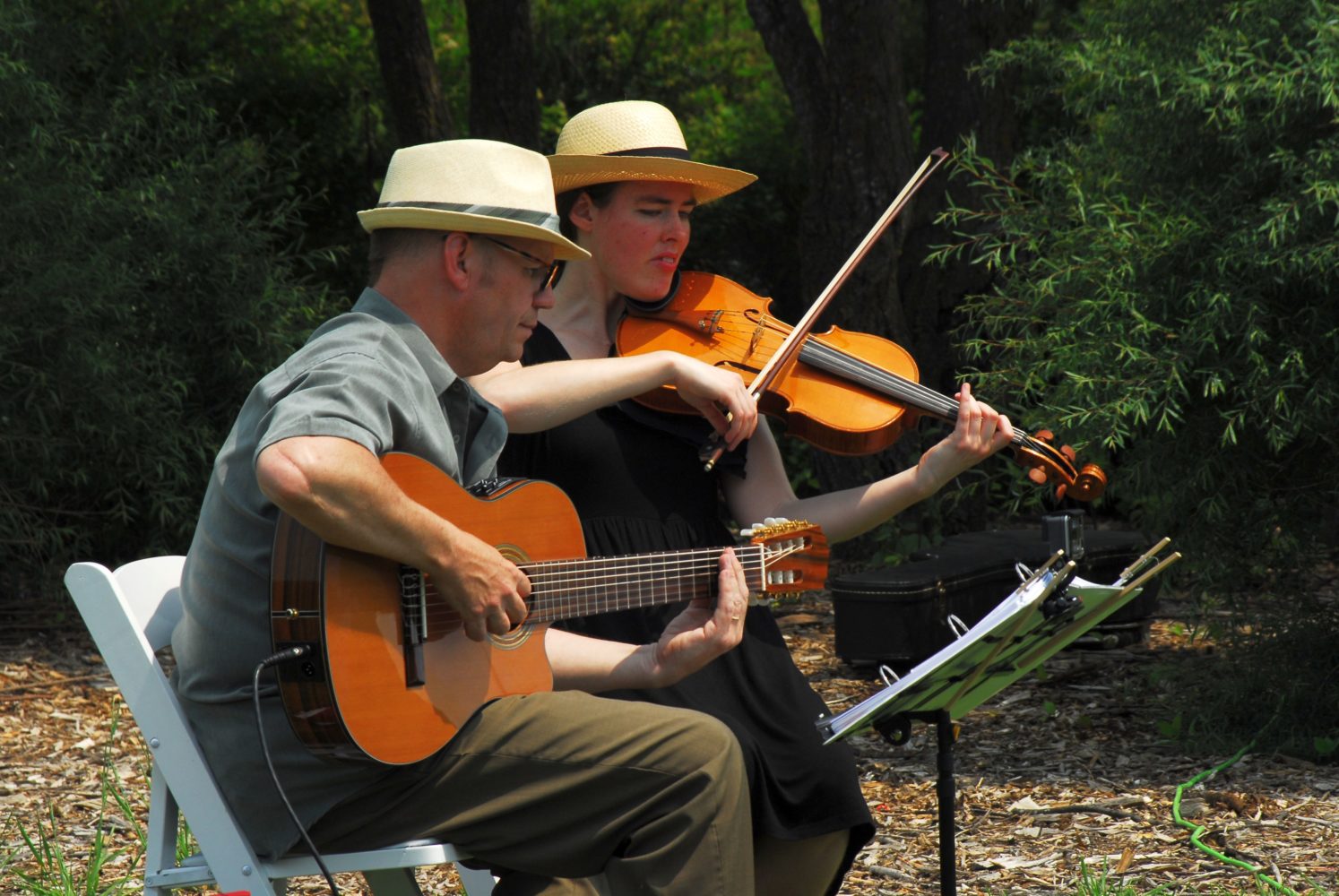Well good luck with that.
Just kidding. I never wanted to be one of those “PREWS” I met when I was an up and comer that constantly told up and comers to do something else, the music business has changed, can’t make a living, etc.I didn’t listen to them (as most young folks don’t) and if you are young you might not take any of this to heed but maybe you will or at least it might give you more confidence in your path.
First off some background:
If it hasn’t come up in previous posts, I am a lifetime musician. Meaning, I have been doing nothing but music for a living my entire adult life. I am not famous or ‘world class’ (w/e the eff that means) I do have the skills that are surprisingly lacking in many who call themselves ‘musicians’. I can read music, play popular styles as well as classical and jazz. Getting here I have played just about every style of music. I’d also like to think I have done all those styles ‘legitimately’ and not my own way… At any given time I might be playing solo jazz, pop or classical guitar, Bodhran and mandolin in a Celtic setting, drumset in a jazz band or rock gig. In the studio even more may get asked of me. Country twang, shuffle funks, hip hop ‘beats’ etc. soloing over changes, etc.
OK enough of that
So option 1 : be a member of a famous band
Problems
Better off buying lottery tickets. Being ‘good’ means as much as being bad. Groups get picked up & dropped by the 1,000’s and they are still just the tip of the ‘we’ll do anything to make it in this biz’ iceberg.
Bands cost money and rarely make money. Bands ‘go on tour’ and lose money. Bands break up. It’s what they do. A typical cycle is
- Start or join band
- write/rehearse songs in your rental jam space.
- get tired of ____ or ____gets tired of the band
- audition new ____
- rehearse new _____
- ______can’t do it anymore because work is a bear/girlfriend is pregnant
- Audition new____
- Rehearse new ___
- Spend own money on recording
- Band goes nowhere and breaks up
- go back to top
Just kidding. You have just increased your gigs from 1 band once or twice a month to multiple bands and maybe every weekend.
- Have a minimum amount you will play for. $25 for a set $50 for a backlined gig, $75 for a gig you have to play all night AND bring the gear.
- 1st come first serve. Band “A” books a gig and calls you then write the gig in pen and say no to everything else on that night.
- Don’t bail on a gig. Really just number 2 rewritten. If you book a gig for $75 don’t bail for the $80 (or even $100) gig. Players that do that get a rep and stay home more often.
- Really live up to your billing. Learn the material better than them
What if you want to work all the time and make enough and all your money from playing?
If you are on your game getting the private stuff you can raise that to $50,000 maybe you can deal with that.
There is the dream/option of being the studio player during the day but you need to have those top of the food chain skills, exceptional reading skills,on the spot transposition skills, stylistically versatile, take direction, be able to interpret non musical directions “I need that to be more bouncy” (actually told that once) and you need to have multiple studio owners want you.
Now with that off my chest…if you like the stability of a day job then cool, the trade off is you are not a full time musician you are w/e you do 40 hours a week and you play music on the side.
You could work in a music retail place but they are busiest at night and quite bluntly I don’t see the difference between that and working at Starbucks…you aren’t playing or holding an instrument.
Have standards. Too many rookie teachers are afraid to not please the kid and will forego standardized teaching materials (fear of losing the student to the cost of a $9 book) or methods. That is why many guitar and bass teachers will pander to student. So if the 9 year old wants to start with Metallica then they make the 9 year old in charge.
You need to use the standardized materials to be fair to the student and to yourself. If the student goes with a different teacher then that new teacher can pick up where you left off. It also frees you of having to create all the lessons yourself.
You need to use the standardized methods to be fair to the student and yourself. I have seen 80% of students who are pandered to quit because no matter the passion a 9 year (or any beginner) can’t start with the music they want. At the same time students using standardized methods last much longer and actually learn to play music.
So while my life plan may not be for you here is a look at an average month for me.
Teaching 5 days a week, a jam session, recording session, lounge gig(s) wedding or corporate function. All of it using my music skills. None of it feeling like work.
